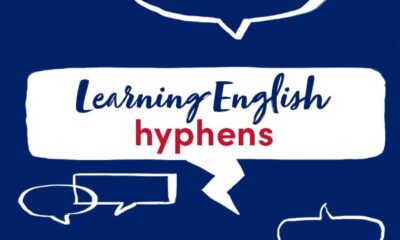Our last article looked at how you can ask for things.
You may then want to talk about what you like and do not like about travelling. To say what you like, use I like … . To say what you do not like, use I don’t like … .
I like these country roads.
I like travelling by train.
I like seeing a different way of life.
I really like being in the mountains with all the snow.
I don’t like flying.
I don’t like driving on the left.
I don’t like being away from my family and friends.
I like the country very much but I don’t like the heat.
To ask what someone else likes, use Do you like … ?.
Do you like this area?
Do you like travelling by yourself?
Do you like driving at night?
If you want to say that you like something very much, use I really like … or I love … .
I really like camping.
I really like seeing other countries.
I really like reading on a train.
I love all the hills in that region.
I love driving through the countryside.
We love all the lakes.
If you want to say that you like one thing more than another thing, use I prefer … .
I prefer staying in hotels.
I prefer to take the motorway.
I prefer driving in the daytime when I can see all the scenery.
I do travel on my own but I prefer travelling with other people.
Good to know!
like + -ing
When like … is followed by a verb, the verb is usually in the -ing form.
Useful words
a single a ticket that you use to travel to a place but not return from it
the underground in a city, the railway system in which electric trains travel below the ground in tunnels
a window a space in the wall of a building or in the side of a vehicle that has glass in it
country land that is away from cities and towns
a way of life the things that people normally do in a place
snow soft white frozen water that falls from the sky
the left the side or direction that is opposite the side that most people write with
the heat when something is hot
an area a particular part of a town, a country, a region or the world
by yourself on your own and not with anyone else
camping staying somewhere in a tent
a hill an area of land that is higher than the land around it
a region an area of the country or of the world
a lake a large area of water with land around it
a motorway a wide road that allows cars to travel very fast over a long distance
the daytime the part of the day between the time when it gets light and the time when it gets dark
scenery the land, water or plants that you can see around you in a country area
Next time we’ll ‘make ourselves at home’ – phrases to help you to talk about places to live or to stay when you are away from home.



